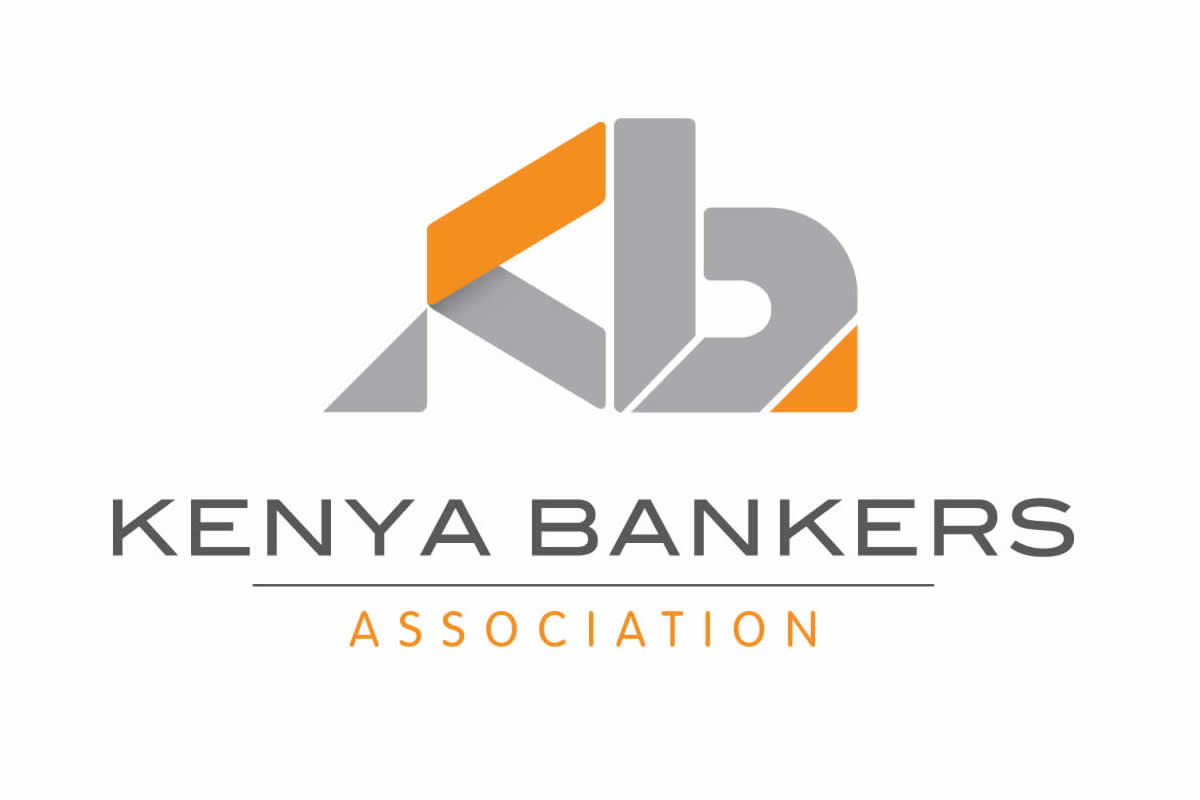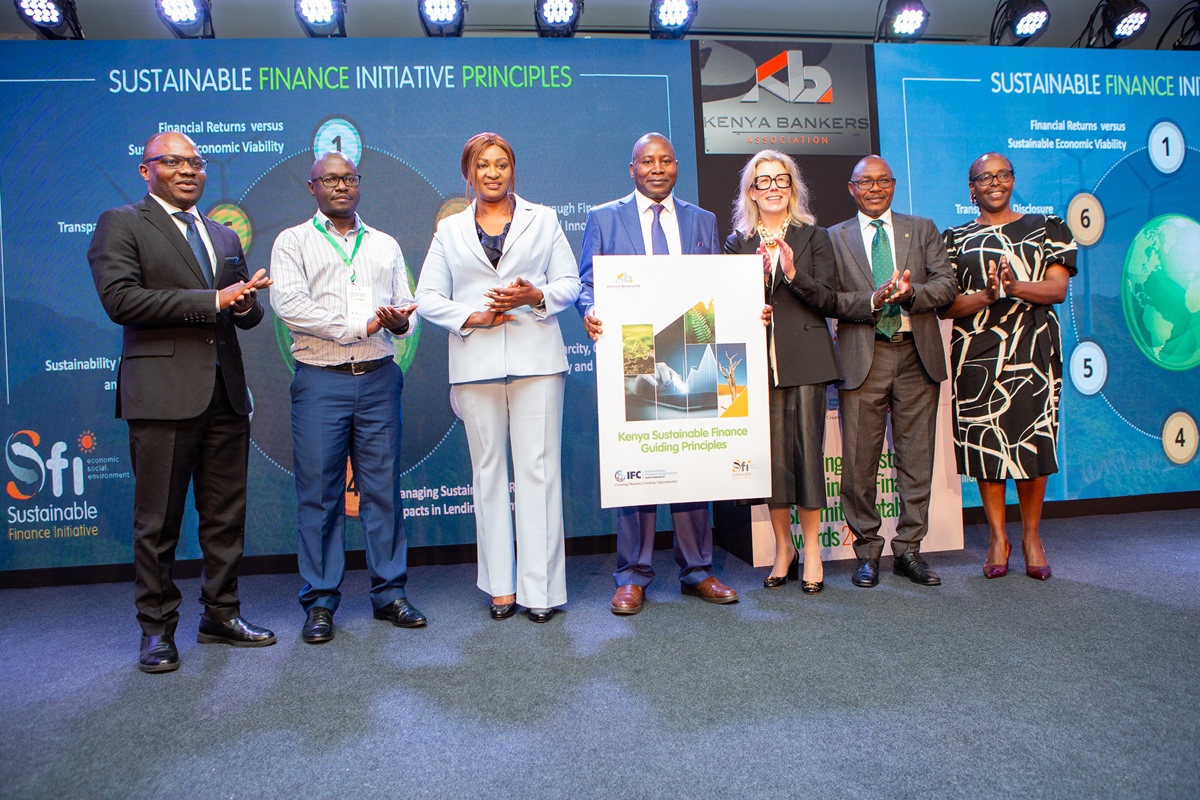- 49 Percent Of Respondents Preferred Mobile Banking Channels
- 80 Percent Of Customers Still Value The Traditional Human Model Of Customer Service
- 89 Percent Of Respondents Said They Had A Better Service Experience In 2018
Nairobi, 17th January 2019 – Bank customers in Kenya have not yet warmed up to the idea of robots and artificial intelligence and would rather have humans handle their customer service needs. This is according to a new Banking Industry Customer Service Survey conducted by the Kenya Bankers Association during the last quarter of 2018.
The Survey, which was in conjunction with the 2018 Customer Service Week conducted by the Institute of Customer Service, indicates that despite the rising uptake of technology by banks to enhance service delivery, 80 percent of customers still value the traditional model of customer service. Based on feedback from 6,121 respondents, the research carried out by KBA via an online assessment attributes the results to Kenyans being accustomed to personal interaction when addressing sensitive matters such as their financials. “However, further research is needed to establish whether this trend owes to low levels of awareness about the value proportion of chatbots, robots and other emerging data-driven Artificial Intelligence technologies,” it says.
According to the Survey, customer contact centers are the most preferred complaint resolution touchpoints, dominating acceptance across all age categories. Email correspondence is the second most liked way through which customers want to engage with their bankers, with the highest preference among older respondents. The findings highlight the importance of aligning bank complaint handling and mitigation strategies to unique demographic aspects.
Despite the adverse reaction to robots handling customer care, technology-driven service rated highly, with mobile banking topping the most favorite of bank channels at 49 percent, followed by online banking (16 percent) and ATMs (15 percent). “This indicates the bearing of disruptive financial technology on the expectations of customers, who now prefer an enhanced digital experience for convenience, relative to the conventional brick-and-mortar model,” the Survey notes.
Regarding industry-wide performance, 89 percent of respondents said they had a better service experience in 2018, compared to 2017, with 66 percent attesting to banks’ continued efforts to enhance their customer service standards.
Notably, the Survey revealed that the size of the bank did not necessarily translate to better or worse service, with one Tier III bank, Credit Bank, performing better than several Tier I and Tier II banks. Equity Bank, Standard Chartered Bank, and Credit Bank were rated first, second and third, respectively, out of KBA’s 47 members, which include retail and commercial banks and deposit taking microfinance banks.
“This indicates that excellence in customer service can be leveraged as a competitive advantage; therefore, banks will want to continue to improve their customer experience as both a retention and growth strategy,” said KBA Director of Communications and Public Affairs, Ms. Nuru Mugambi, adding that “Banks should invest more in financial technologies (FinTech), including mobile banking, to further enhance the user experience.”
Through the Survey, customers also called upon KBA to develop harmonized industry-wide service standards. Other recommendations included continuous training of call center agents and the introduction of a service award to recognize the top-performing banks.
About the Kenya Bankers Association:
KBA (www.kba.co.ke) was founded on 16th July 1962. Today, KBA is the financial sector’s leading advocacy group and banking industry umbrella body that represents total assets in excess of USD 40 billion. KBA has evolved and broadened its function to include advocacy on behalf of the banking industry, and championing financial sector development through strategic projects such as the launch of the industry’s first P2P digital payments platform PesaLink. In line with the Government’s policy on public-private partnerships, KBA and Central Bank of Kenya have implemented key projects such as modernization of the National Payments System through the Automated Clearing House, implementing the Real Time Gross Settlement System (RTGS), and the Kenya Credit Information Sharing Initiative. The KBA members are comprised of commercial banks and deposit taking microfinance banks. For more information, visit www.kba.co.ke or contact KBA Director of Communications and Public Affairs, Nuru Mugambi Email: nmugambi@kba.co.ke


